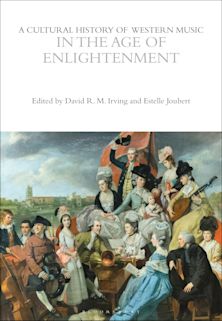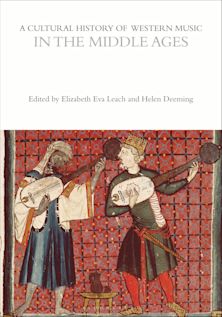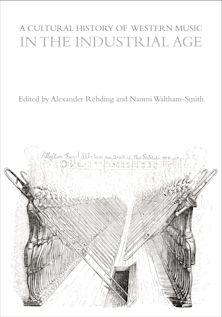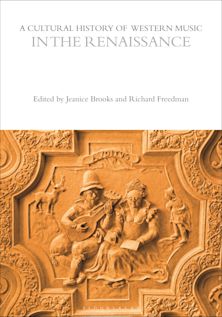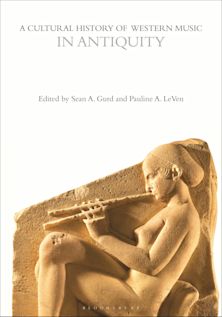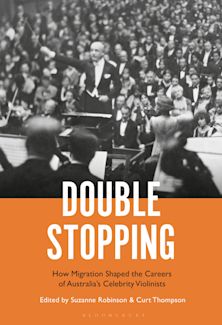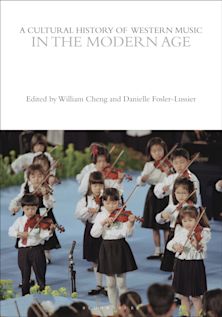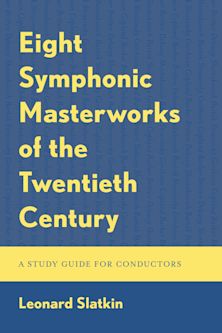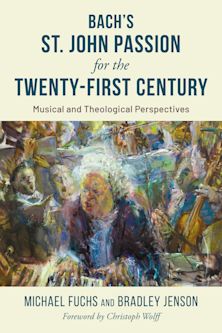Choral Treatises and Singing Societies in the Romantic Age
Choral Treatises and Singing Societies in the Romantic Age
This product is usually dispatched within 3 days
- Delivery and returns info
-
Free US delivery on orders $35 or over
Description
Choral Treatises and Singing Societies in the Romantic Age charts the interrelated beginning and development of choral methods and community choruses beginning in the early nineteenth century. Using more than one-hundred musical examples, illustrations, tables, and photographs to document this phenomenon, author David Friddle writes persuasively about this unusual tandem expansion. Beginning in 1781, with the establishment of the first secular singing group in Germany, Friddle shows how as more and more choral ensembles were founded throughout Germany, then Europe, Scandinavia, and North America, the need for singing treatises quickly became apparent. Music pedagogues Hans Georg Nägeli, Michael Traugott Pfeiffer, and Johann Heinrich Pestalozzi invented the genre that became modern choral methods; initially these books were combinations of music fundamental primers, with frequent inclusion of choral works intended for performance. Eventually authors branched out into choral conducting textbooks, detailed instructions on how to found such a community-based organization, and eventually classroom music instruction. The author argues that one of the greatest legacies of this movement was the introduction of vocal music education into public schools, which led to greater musical literacy as well as the proliferation of volunteer choirs. All modern choral professionals can find the roots their career during this century.
Table of Contents
Acknowledgments & Proviso
Foreword, by Amanda Quist, DMA
Romanticism in Music
Choral Treatises
I. Training Volunteer Choristers to Sing
III. Building Community Choruses
III. Choral Conducting
IV. François-Joseph Fétis
V. Summation
Singing Societies
I. The Beginning of Singing Societies
II. German-Speaking Europe
III. Great Britain
IV. France
V. North America
VI. Italy & the Iberian Peninsula
VII. Low Countries
VIII. Finland
IX. Scandinavia
X. Summation
Afterword
Bibliography
Index
Product details
| Published | May 07 2024 |
|---|---|
| Format | Paperback |
| Edition | 1st |
| Extent | 400 |
| ISBN | 9781666911138 |
| Imprint | Lexington Books |
| Illustrations | 180 b/w photos; |
| Dimensions | 9 x 6 inches |
| Publisher | Bloomsbury Publishing |
Reviews

ONLINE RESOURCES
Bloomsbury Collections
This book is available on Bloomsbury Collections where your library has access.












